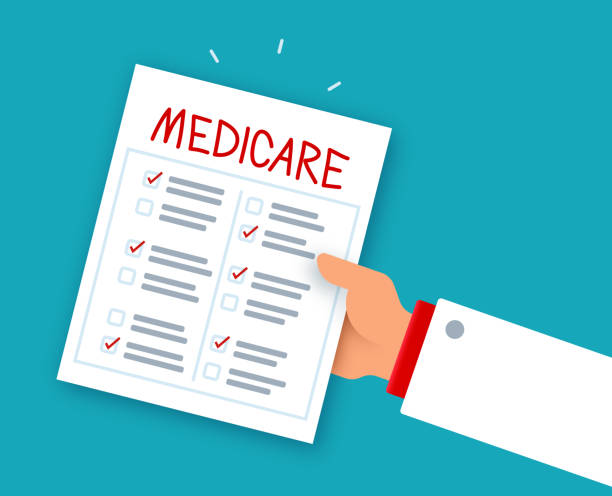If you don’t have health insurance, some programs may help you get coverage or pay for treatment costs. Here are some of the most recognized programs and organizations. You may need to meet certain age or income requirements to enroll in certain programs. Talk to an employee at your doctor’s office, your health insurance company, or a social worker at your hospital to find out about programs in your area that might help you.
Medicaid is a federal government program that pays health care costs for people whose income and assets do not exceed a certain level. Medicaid programs are administered by the states, and each state has its selection guidelines. Not all health professionals accept Medicaid.
The Law for the prevention and treatment of breast cancer and cervical cancer Gives states the option to use Medicaid to provide medical assistance to low-income, uninsured women who have been screened through the National Breast and Cervical Cancer Early Detection Program from the Centers for Disease Control and Prevention, and who were diagnosed with breast or cervical cancer. (These women must meet age and income screening requirements to participate in the early detection program.)However, according to a 2007 survey by Susan G. Komen for the Cure organization, some states may refuse to cover treatment if a woman was screened by a provider who is not part of the Centers for Disease Control and Prevention’s National Breast and Cervical Cancer Early Detection Program. Due to budget constraints, the National Breast and Cervical Cancer Early Detection Program cannot screen all low-income, uninsured women, so many women are screened at other centers every year. As a result, these women could be denied Medicaid coverage for breast cancer treatment. If you want to make sure Medicaid covers your costs, talk to your doctor and screening center to find out if the center participates in the federal program.
Medicare is a federal government program funded by the Social Security Administration. Medicare offers health insurance for people who meet the eligibility requirements. In most cases, you’re eligible for Medicare if you’re 65 or older or disabled (of any age) and have received Social Security benefits for 2 years.
Some states offer state-subsidized health insurance plans for low-income residents. Contact your state Department of Insurance office for more information.
Some select hospitals and other nonprofit medical centers get money from the federal government to provide free or low-cost services to people who can’t pay. Ask your doctor or a social worker at your hospital if there are centers in your area that participate in this program.
Health insurance risk pools are special state programs that offer insurance to people who are left out of all health insurance. This means you can buy coverage even if you’ve been turned down for a medical condition. You have to pay for insurance, but some states have cheaper rates for people with lower incomes. Contact your state Department of Insurance for more information.
Medical assistance programs, listed on our tips for Lowering Drug Costs page, can help you pay for your medications or buy them at a reduced cost.
The resources included and the standards mentioned in this section are for the United States. Other countries may have different laws governing insurance coverage and the operation of hospitals. If you live outside of the United States, ask your doctor about the resources available in your country.




